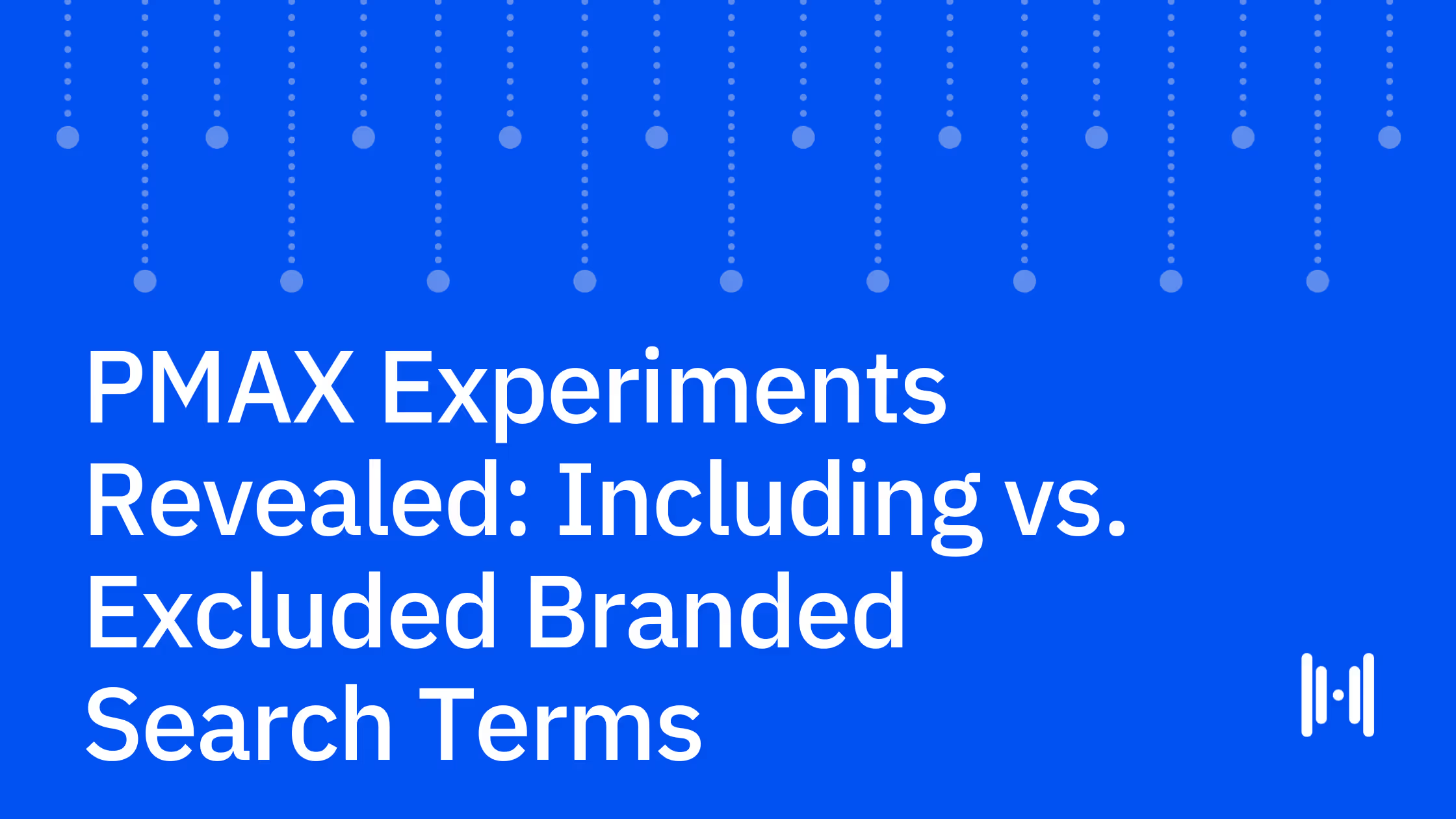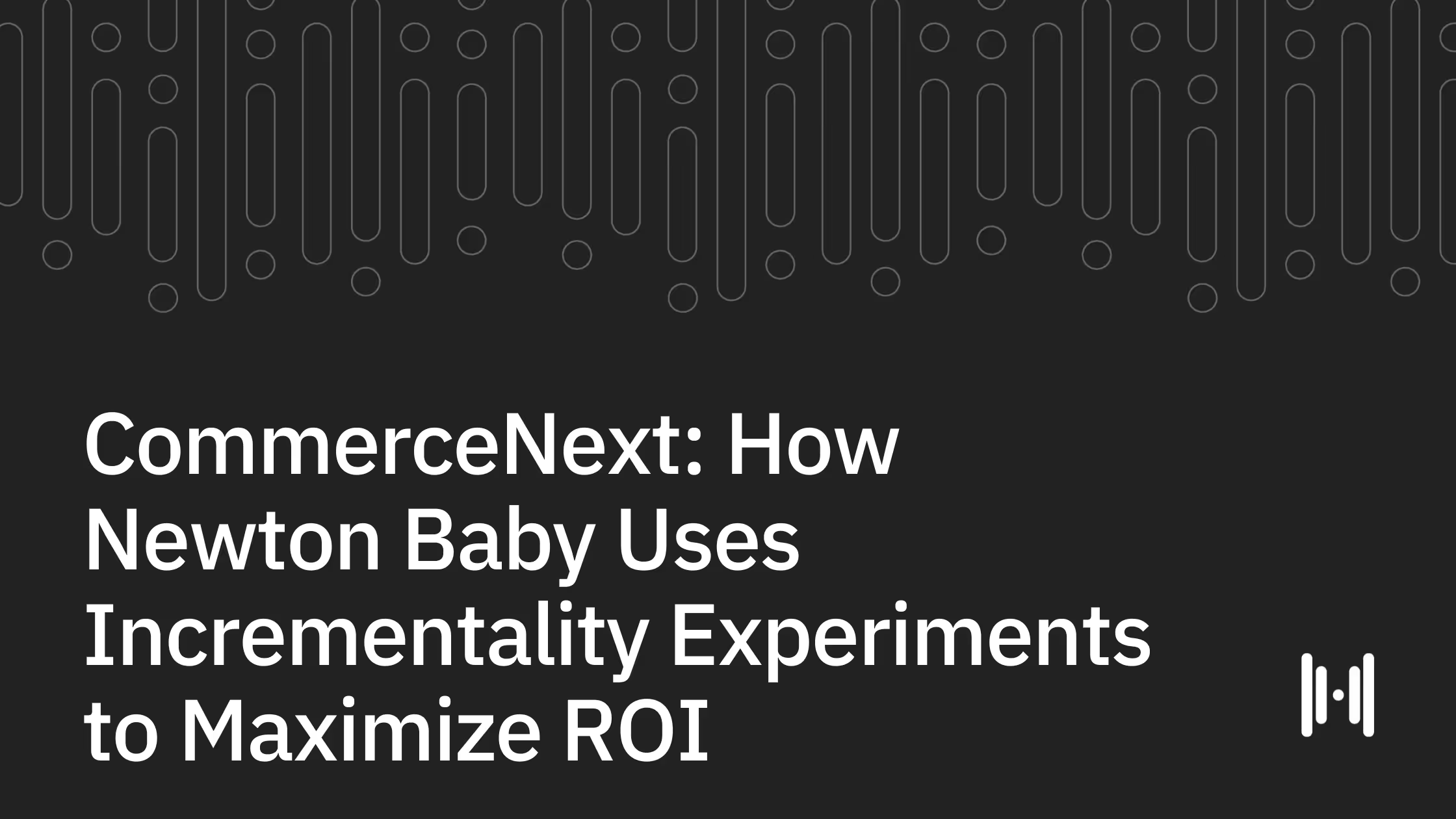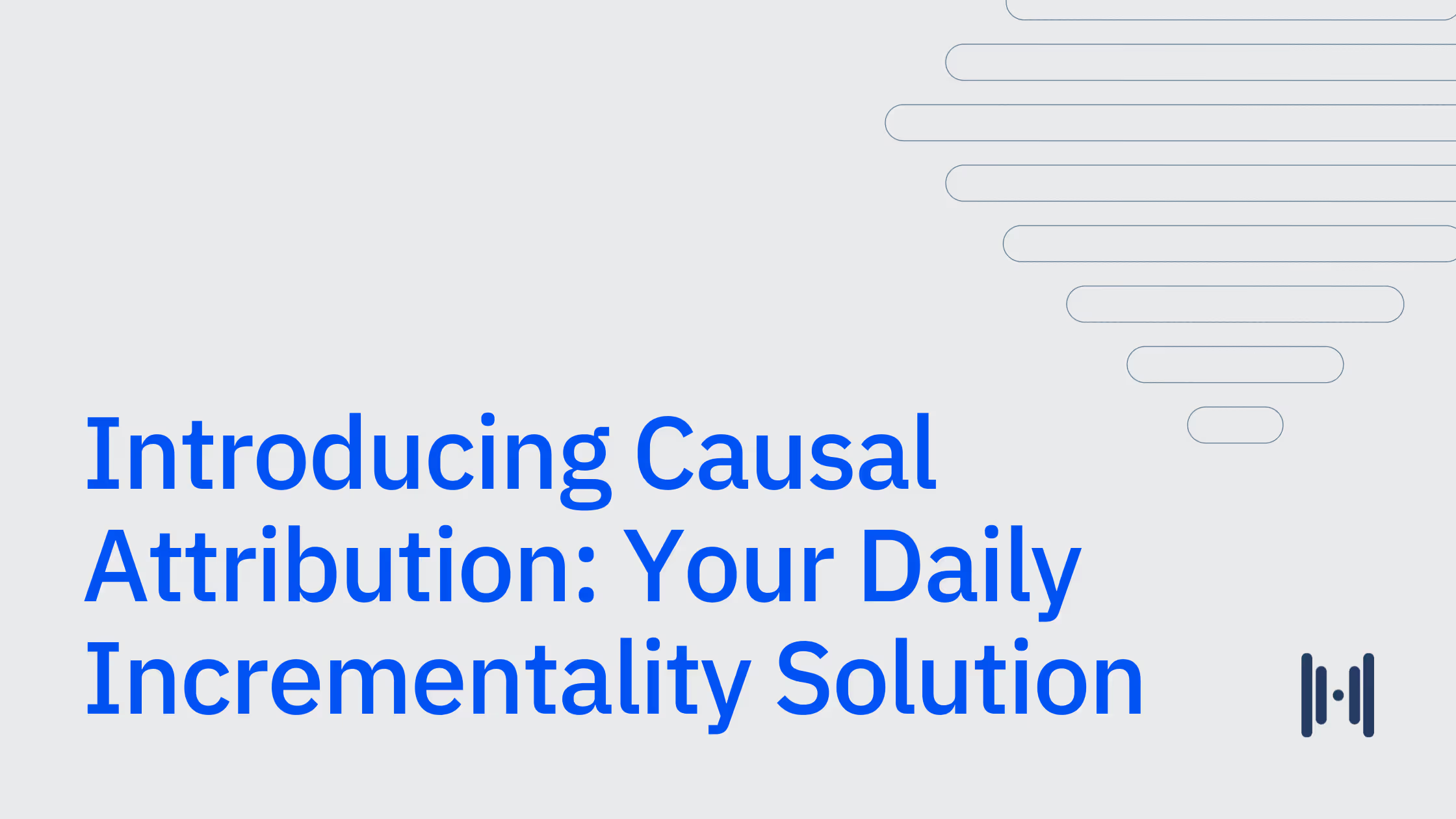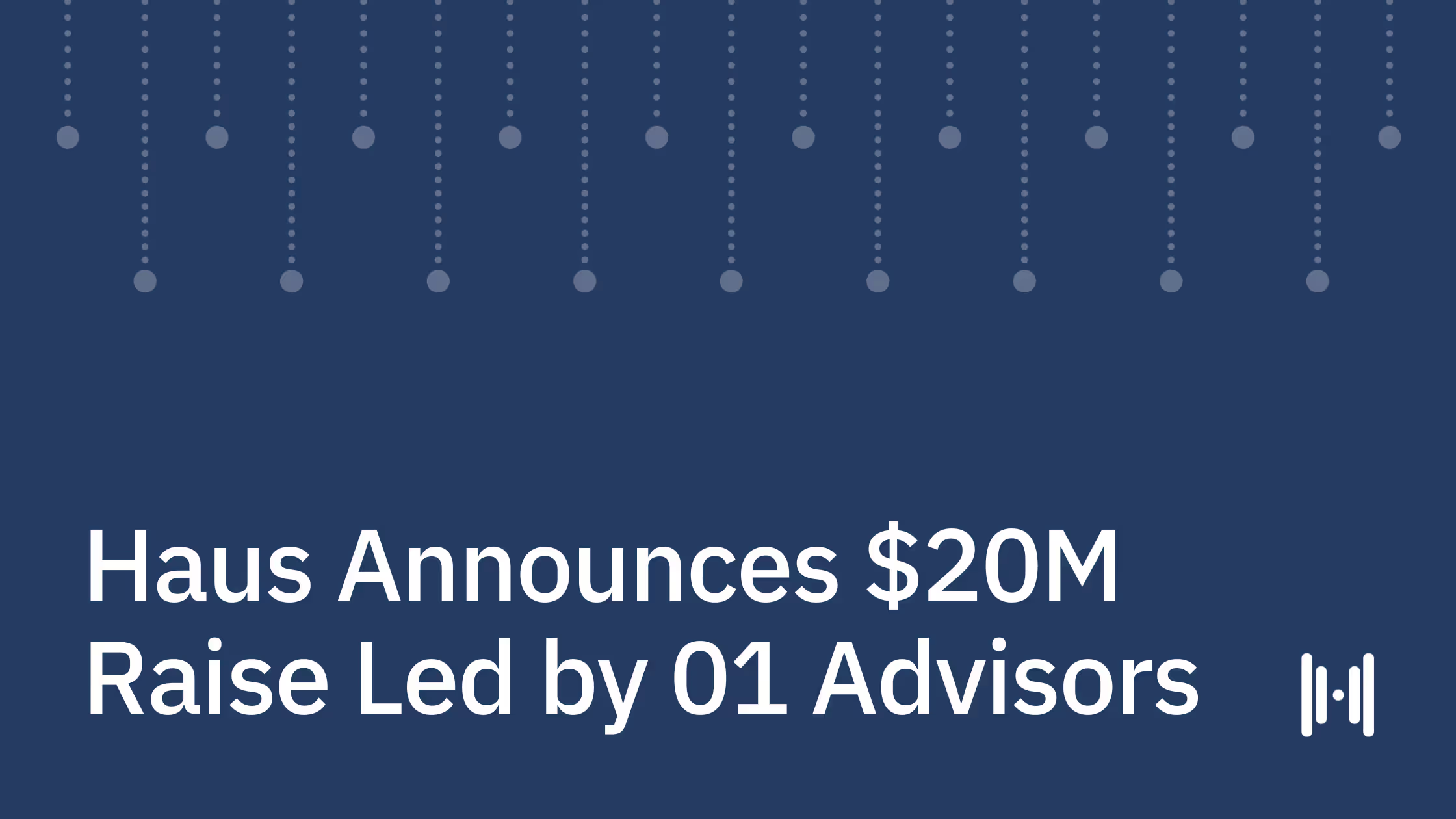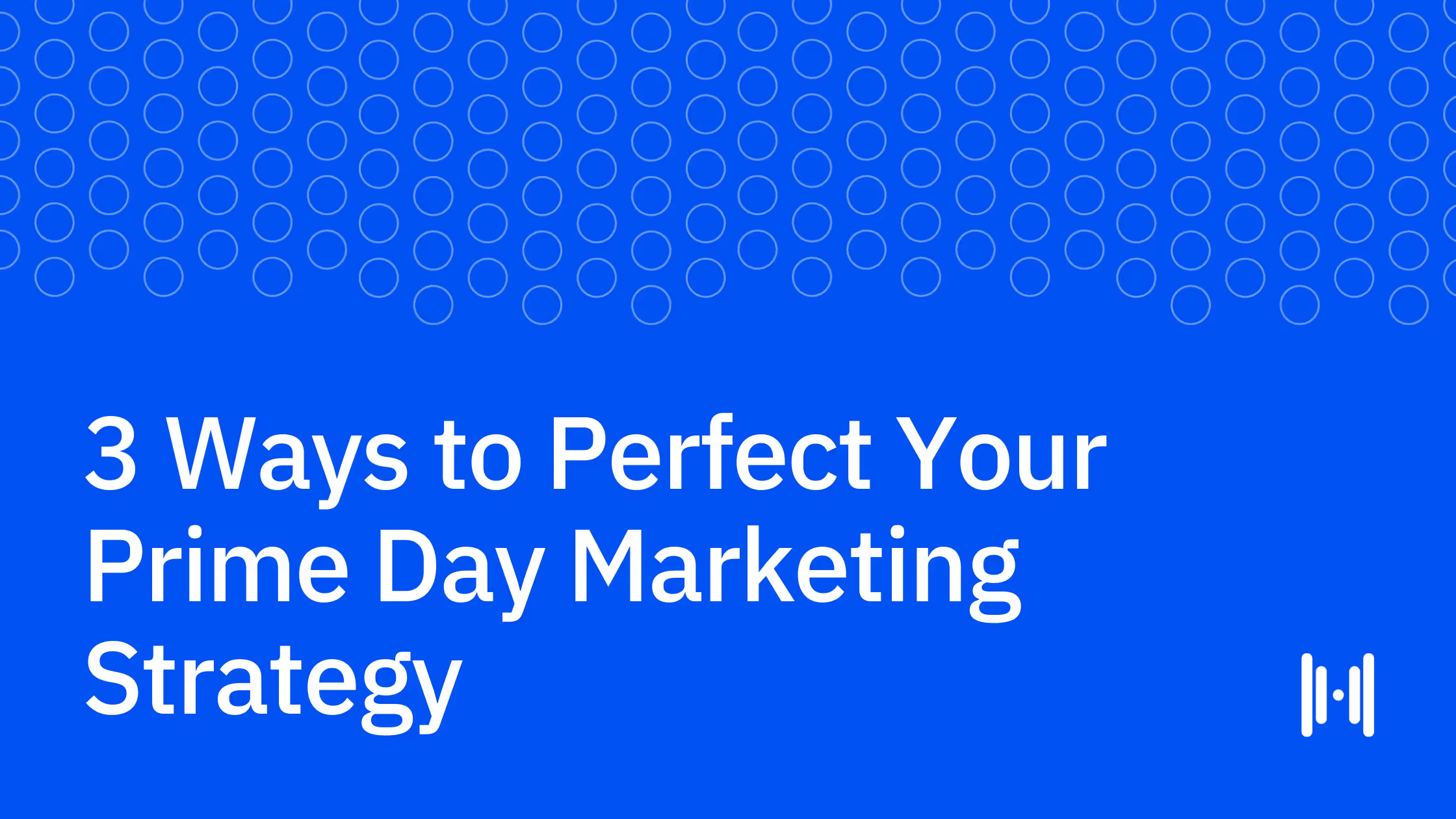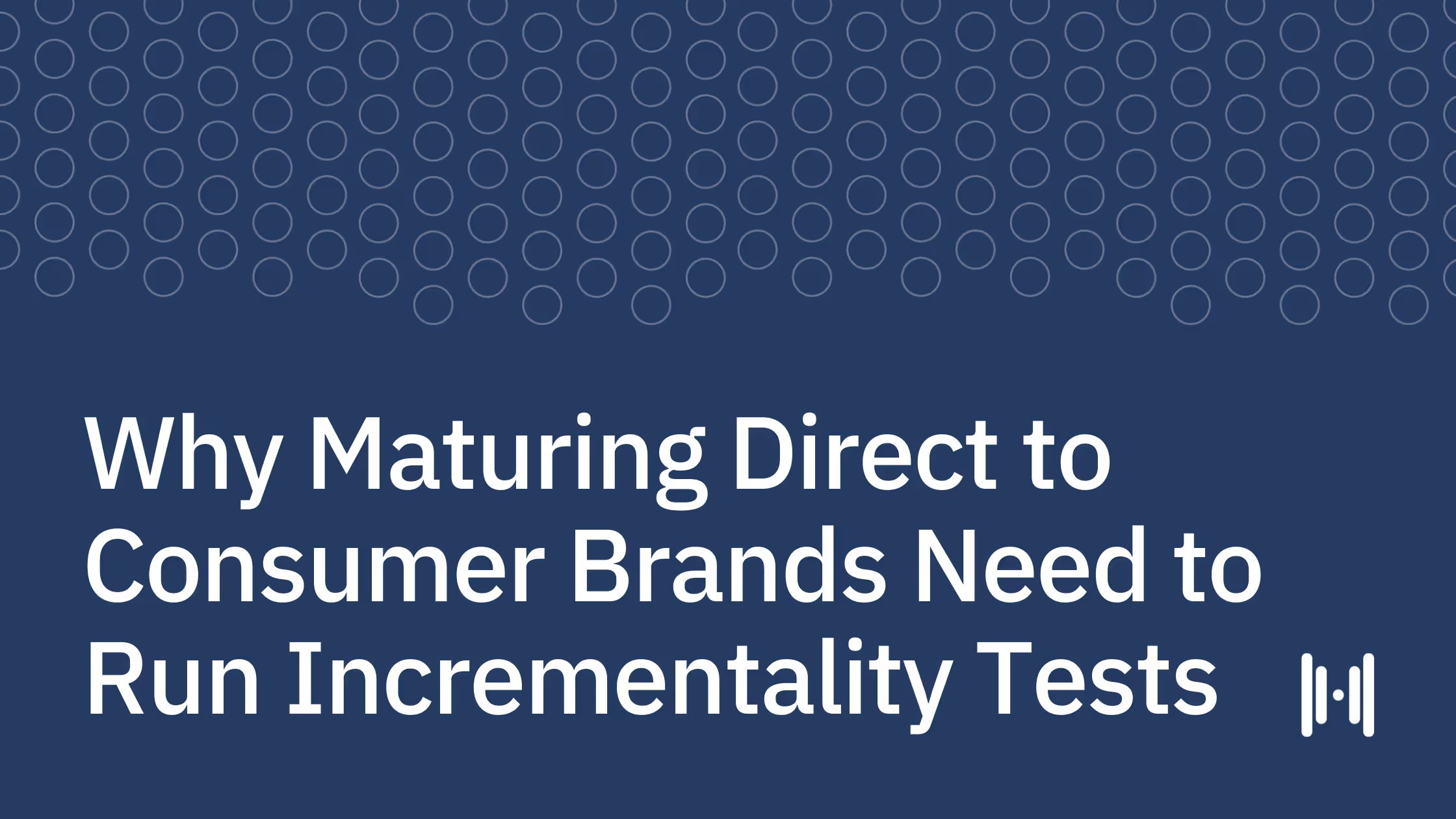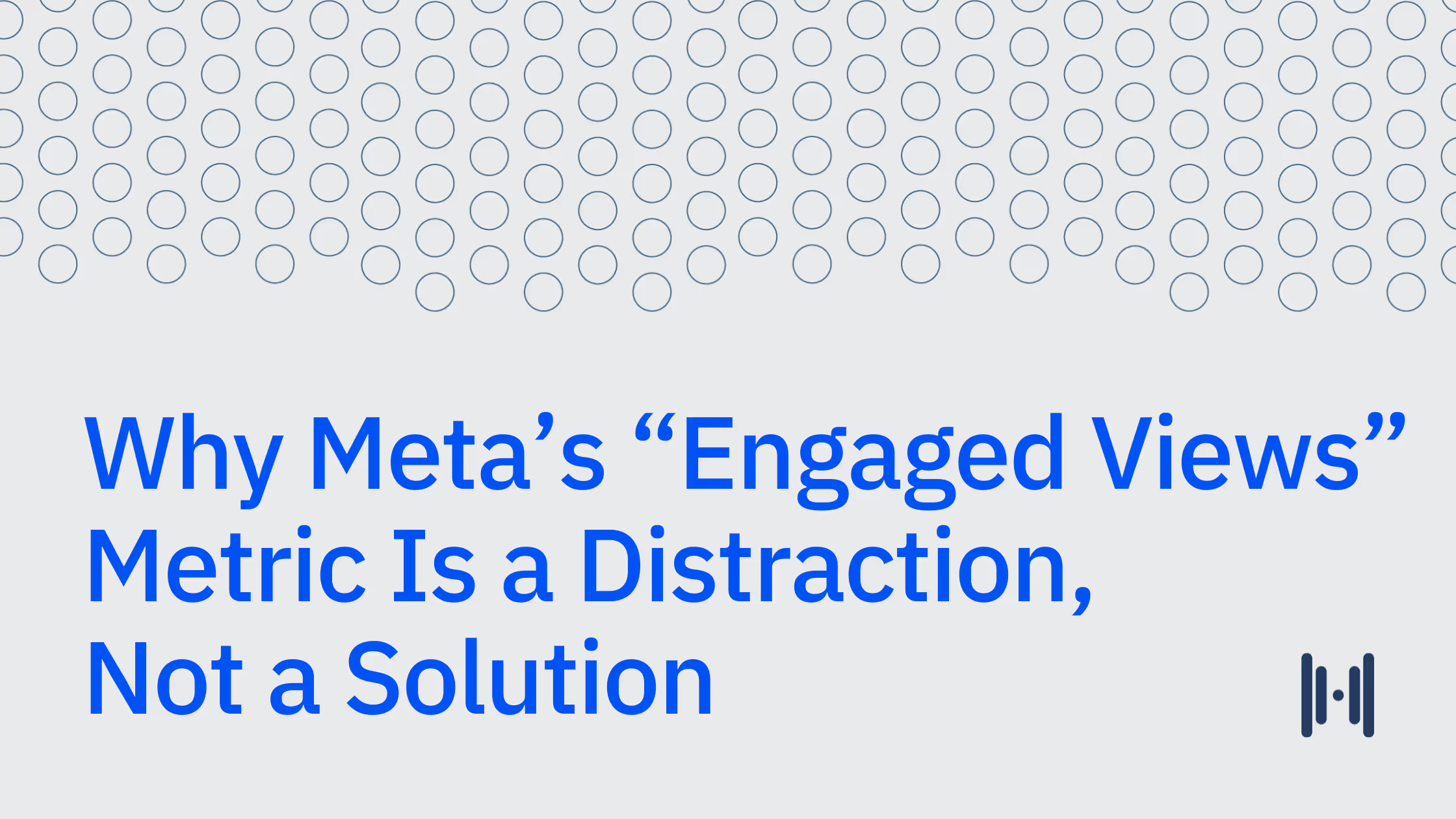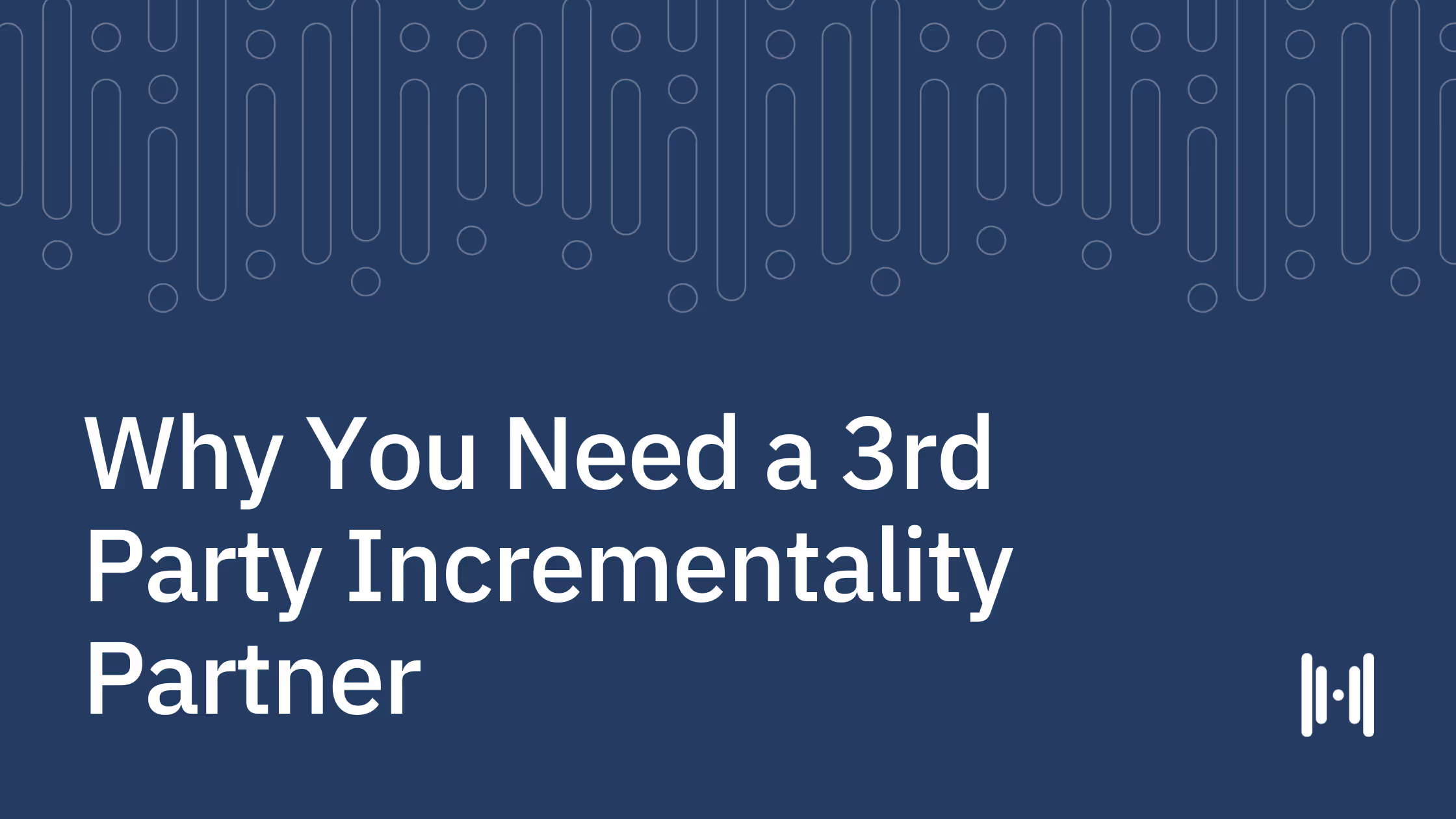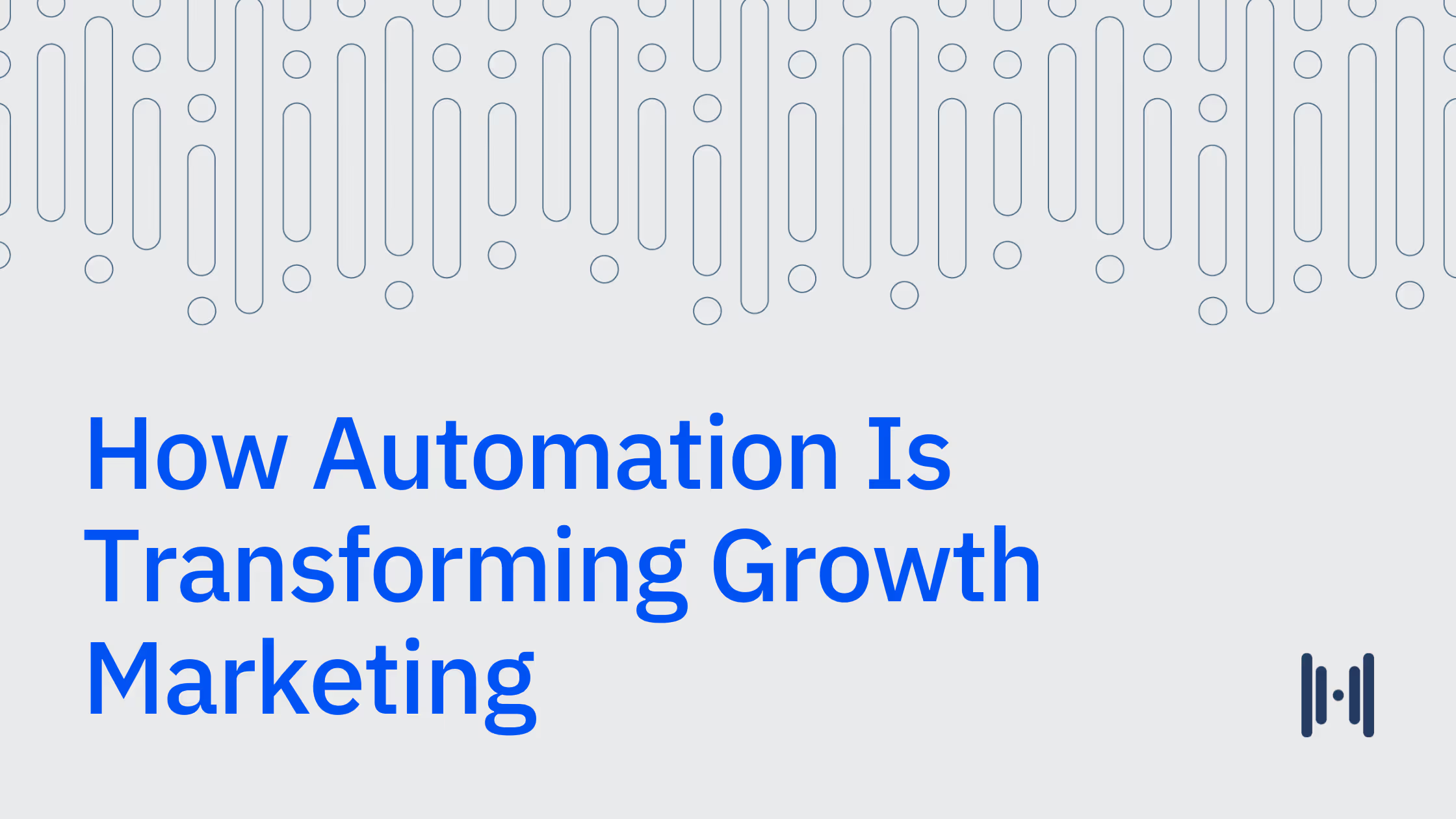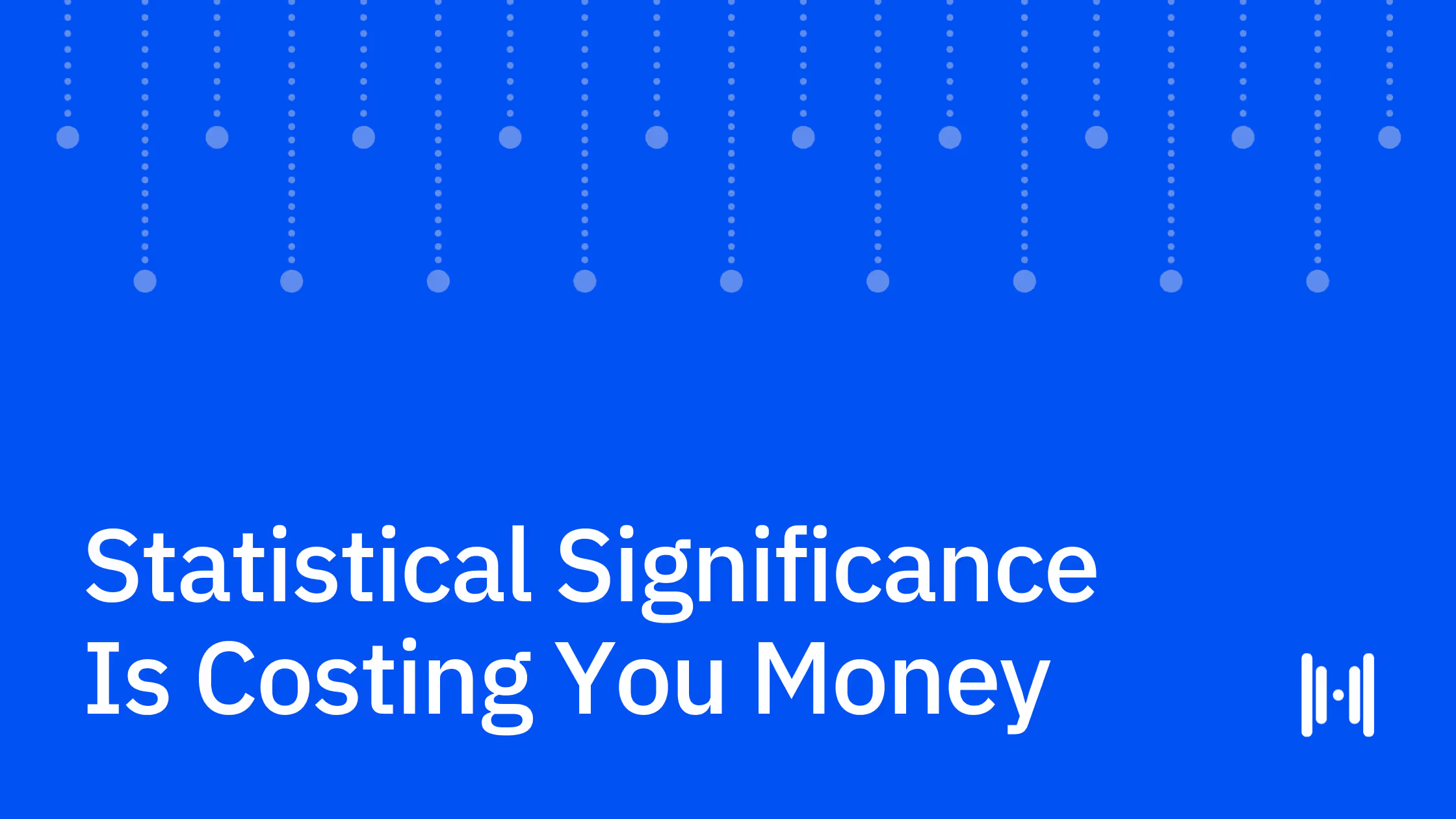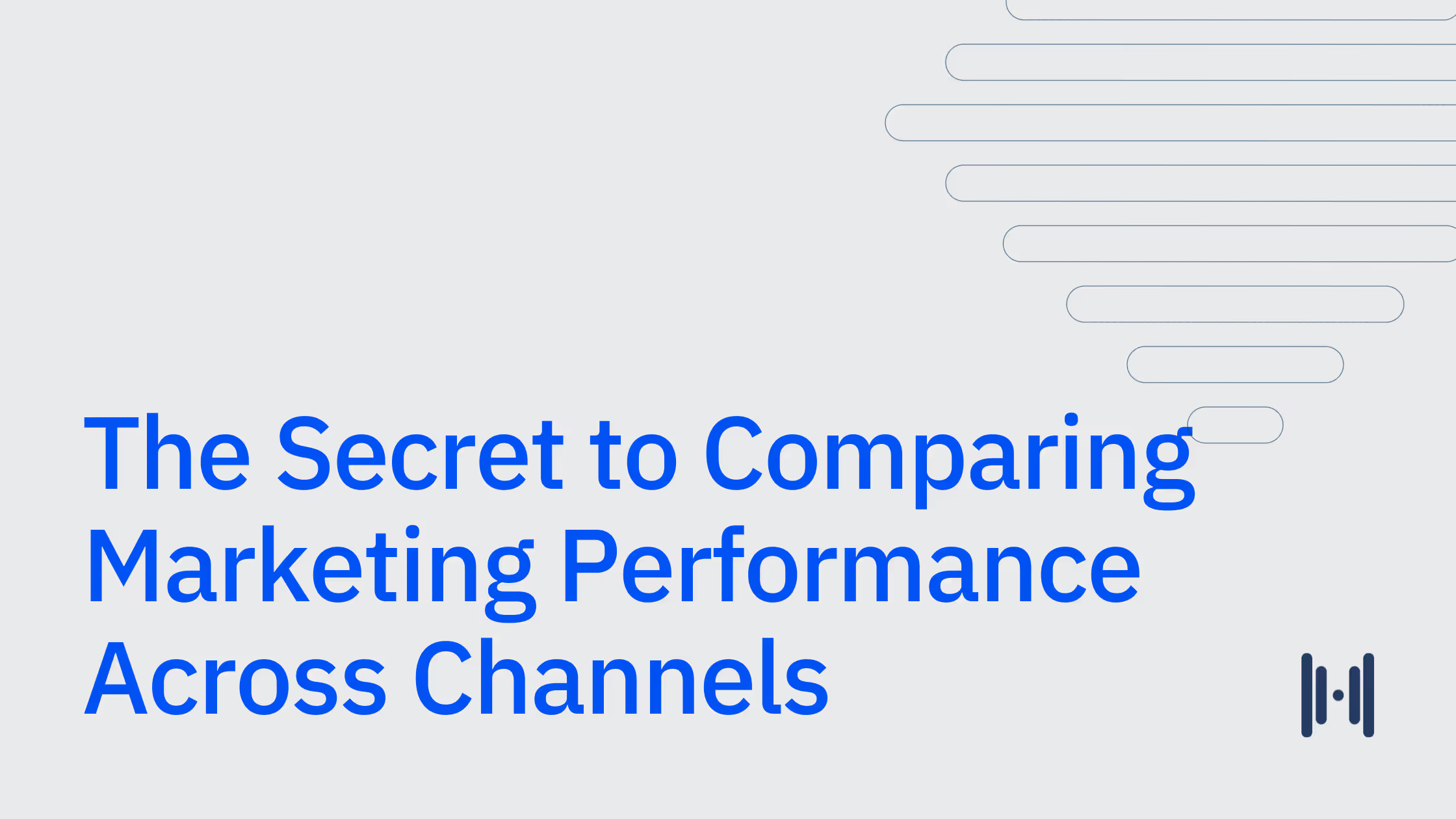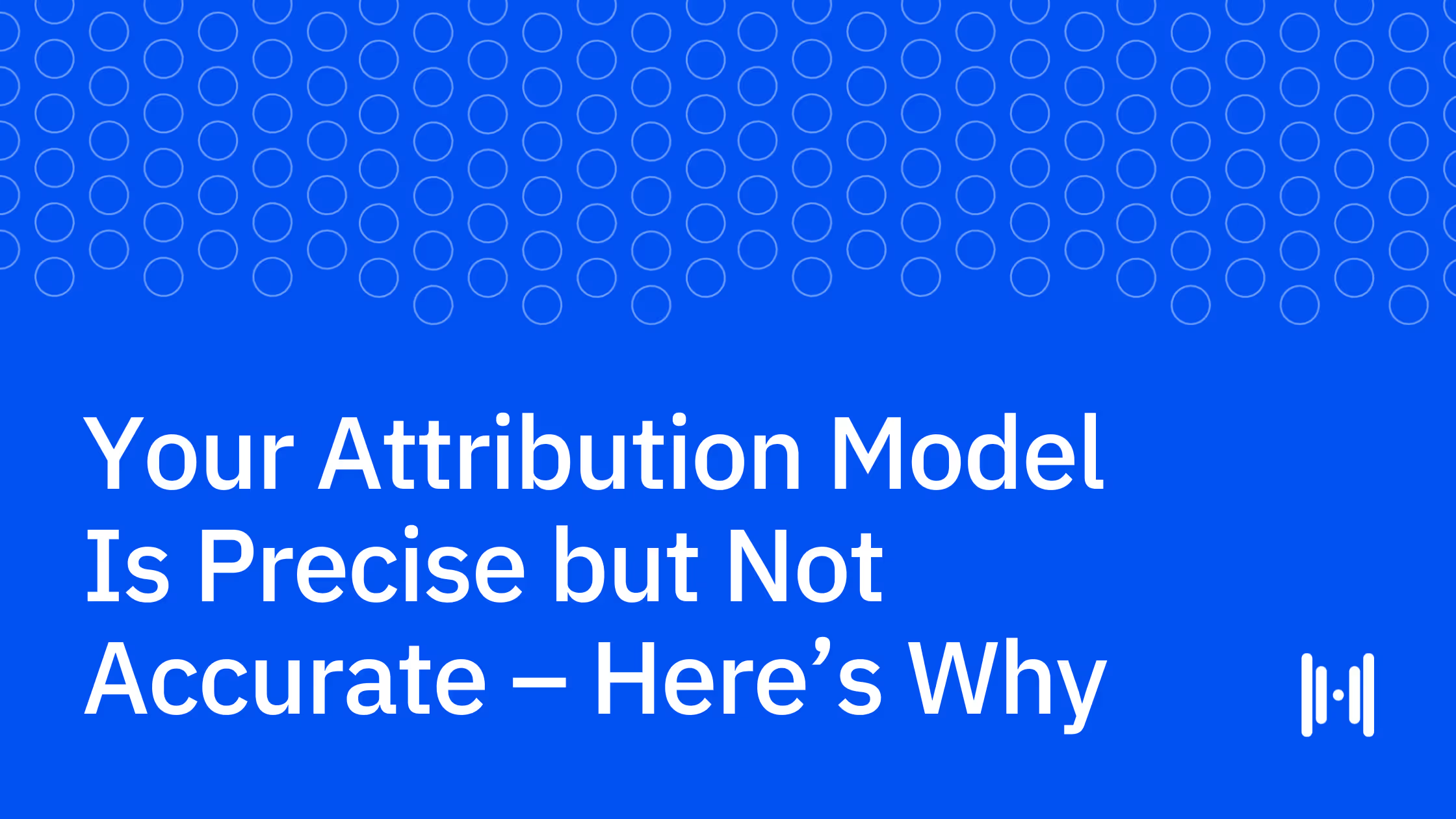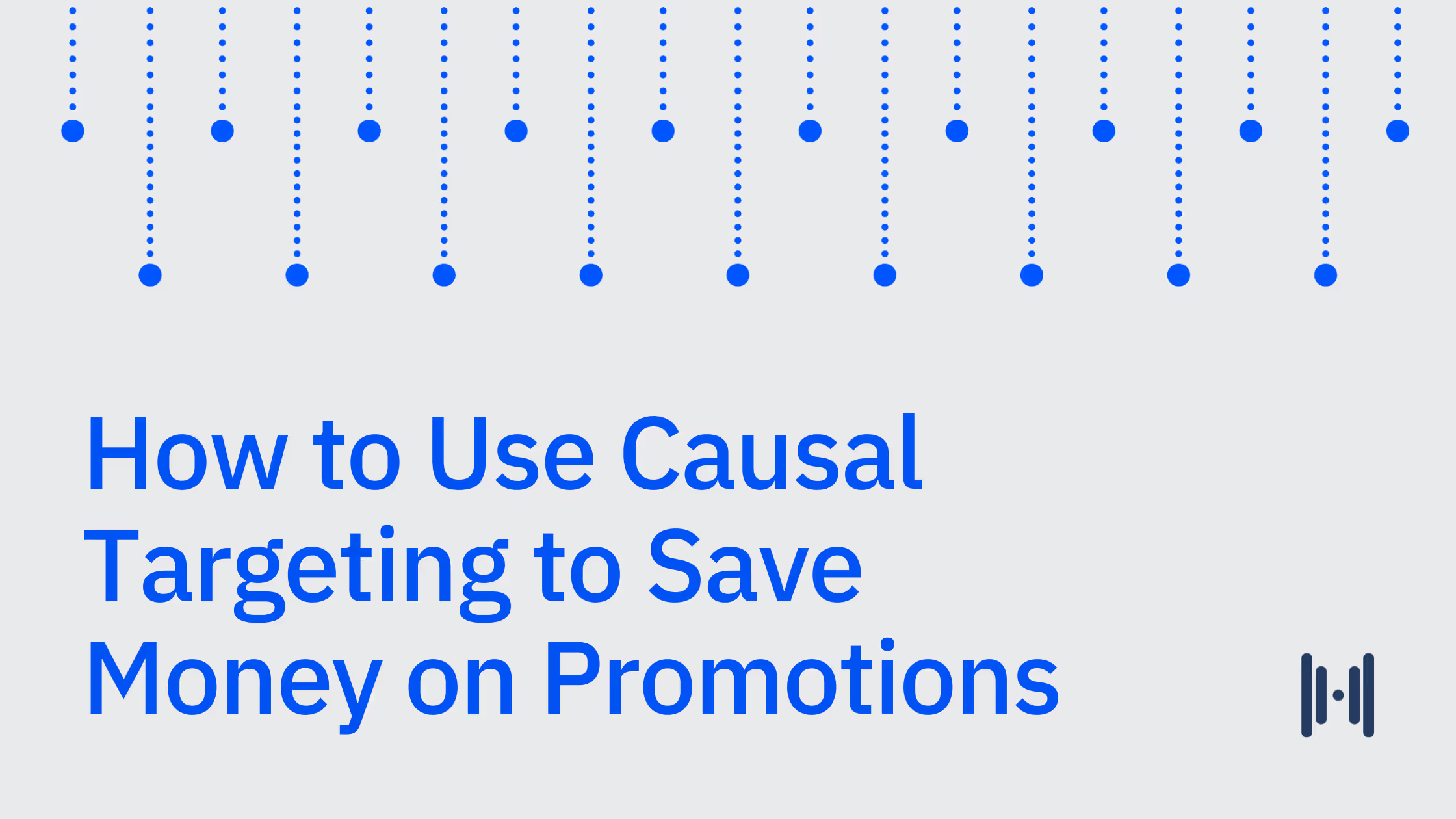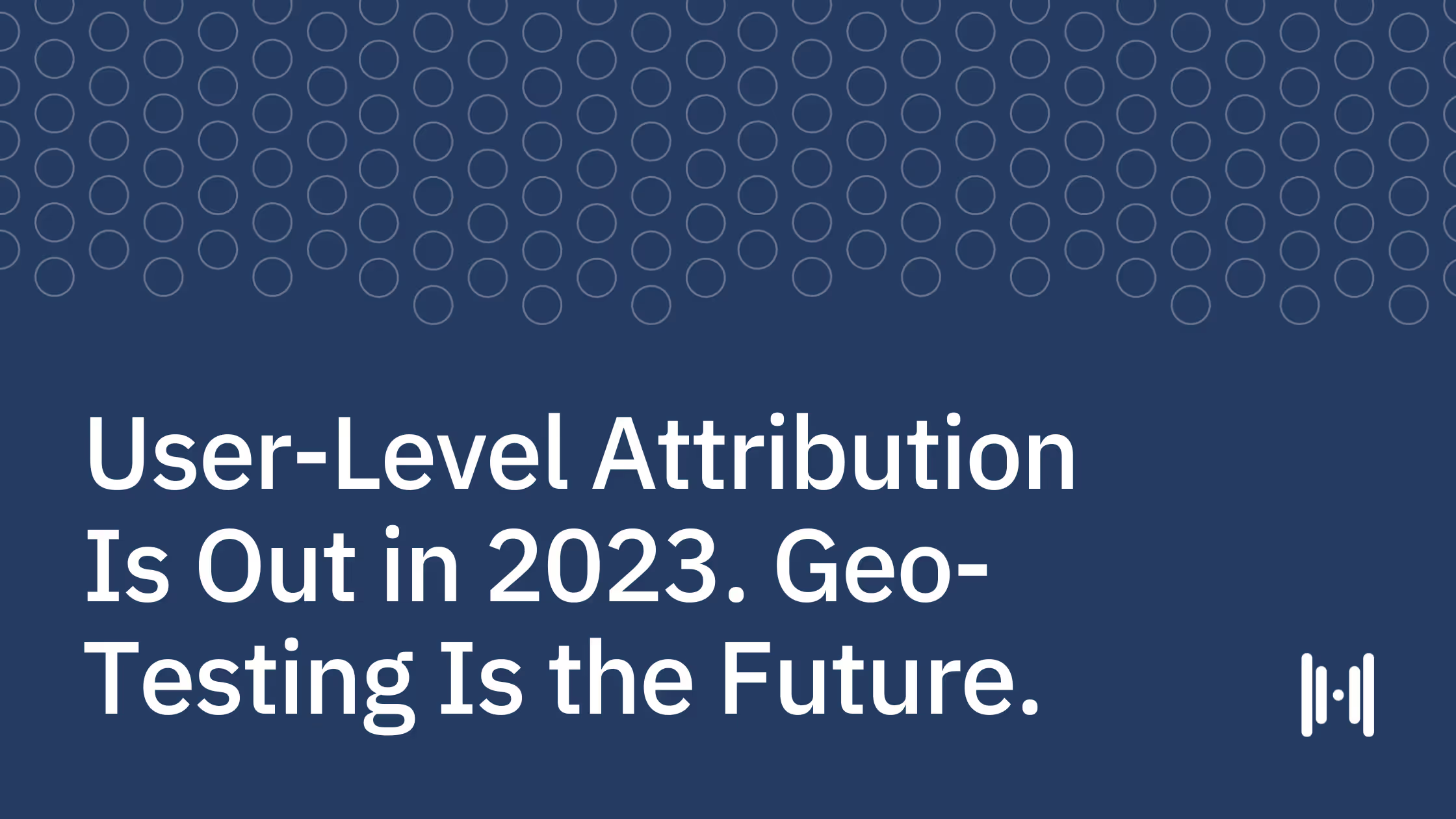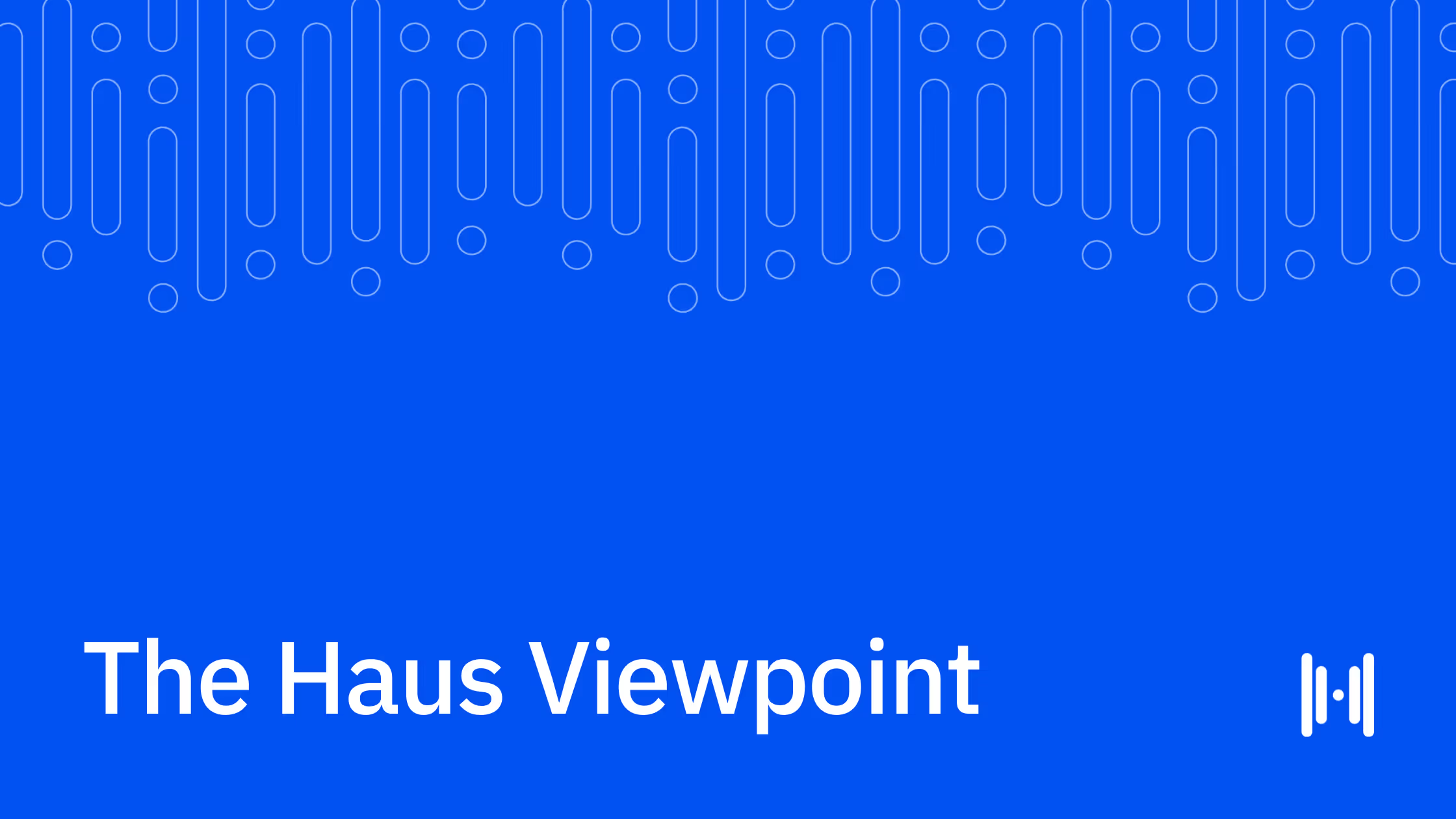
This Haus Viewpoint was originally published January 2023. It was most recently updated January 2025.
The Haus team brings together product, growth, data, and science leaders from some of the world's largest and most iconic brands. Collectively, we've spent decades tackling the immense challenge of understanding and measuring marketing effectiveness.
We learned that the most sophisticated advertisers were breaking their dependence on user identifiers like third-party cookies long before Apple, Google, and privacy regulations forced it on them. This same set of advertisers has now recognized that black-box observational models (e.g. traditional media mix models), despite rising in popularity, are generally highly opaque and difficult to validate without experiments.
Brands like Netflix and Amazon were – and still are – investing in homegrown tools and systems to see the effects of marketing in their own books, instead of relying on publishers and black-box models. Our viewpoint is that this toolset should not be reserved for an exclusive few, but available to all brands. Below are three major trends that have led us to build Haus and bring this vision to life.
Problems in marketing measurement have existed for years.
It is important to recognize and address the issues that have plagued marketing measurement – long before waves of privacy regulations – in order to develop effective solutions moving forward.
Existing solutions are built on correlation (not causation)
Real-time ad platform optimization is really good at finding people who are already going to convert anyway, which leads to these platforms 'stealing' attribution and understating true costs. Many ad platforms take credit on attribution while driving no new business for brands. Last-click attribution further exacerbates the correlation problem by attributing performance to the lower-funnel channels and tactics that are often the least incremental.
Traditional media mix models (or marketing mix models, commonly known as MMMs), despite being well intentioned, are subject to these same limitations – they do an excellent job of illustrating correlations between spend and revenue, but cannot on their own tell you which direction the arrow of causality points. That's why we're building Causal MMM, an MMM grounded in experiments.
Purposeful confusion in the world of digital marketing
Vanity metrics like impressions, views, and clicks confuse the true business impact for advertisers. On top of that, many publishers offer their own proprietary first-party solutions. The fragmentation of the ad ecosystem will make reconciling performance across publishers harder than ever, as each new entrant builds their own walled garden solutions. The walls are only getting higher.
Deep distrust of vendors
A common theme in Haus customer research is a deep distrust of vendor solutions that tend to overpromise and underdeliver. As one growth leader put it, “we are trained not to trust vendors.” Brands have been burned and rightfully suspicious of existing solutions.
Consumer privacy is fuel on the fire.
The backbone of the free internet was open data sharing and a complete lack of consumer privacy. Big tech used this data to build the most profitable businesses in history. We were the product. Now, however, consumer privacy initiatives like GDPR, CCPA, iOS14.5 and third-party cookie deprecation (is it or isn’t it?) have changed this for good.
The impact on marketing is severe
With more and more users opting out of tracking, privacy regulations have dramatically hindered marketing effectiveness and personalization. The precision with which Google and Meta are able to target advertisements has been severely impacted, and customer acquisition costs across the industry are rising as a result. Not only are ads less effective, but measurement is breaking down as well. This leads to more black-box products, more modeled conversions, and reports that don’t add up.
There is no going back
Every day we read new headlines about consumer privacy initiatives and privacy related settlements in big tech. While we don’t profess to have a crystal ball, it seems very unlikely that in a few years we’ll be having a conversation about how this wave of privacy legislation was just a fad. This movement is inevitable, and brands must protect against the inevitability of even more stringent policies to come.
Existing tools are incompatible with the current world
Measurement solutions like multi-touch attribution (MTA) are in a state of deprecation. Without a personal identifier, you cannot map conversion paths across digital media channels. And the extent to which this strategy worked before is questionable – attribution rules across multiple touchpoints were arbitrary, and almost never adjusted for incrementality. We are seeing that industry privacy changes are the wakeup call that brands need to start focusing on their own data and future-proofing their marketing for a new era.
We are building Haus to democratize access to world-class decision science tools.
This new paradigm calls for new tools. We believe that the next generation of leading brands will need to better understand the causal relationship between the actions they take and their impact on the business. Yet, marketing data is messy and often incompatible with the econometric models that enable higher quality decision making. This is why we built Haus: to unlock world-class analysis that even Nobel Laureate scientists would consider robust.
- We believe every brand should have a simple, clear, and explainable understanding of what drives their business without having to rely on stitched-together third-party data – but that doesn't mean working with first-party data is easy. Haus offers benefits of scale to solve the complex data questions that are painful to tackle on your own.
- We believe that if you’re investing in paid media, you should be able to prove that it is driving incremental value to your business. Brands must calibrate platform attribution or MMM with experiments and incrementality testing, and we are building Haus to enable exactly this.
- We believe that causal inference and incrementality should be available to all companies, not just big tech. We are former leaders from FAANG and beyond who have seen the massive investment it takes to build these tools the right way.
- We believe in facilitating accurate decisions that increase profit over waiting around for statistical significance. Performance marketing is both an art and a science – and the path to higher profitability is to blend robust incrementality estimates with expert judgment.
- We believe in being realistic about what we can do for brands. While our current customers have saved millions of dollars working with us, we don’t claim to be a panacea. We are a toolkit to inform smarter, faster, and more reliable decision making.
- We believe that incentives are important. Our goal is to empower brands with answers – not to grow your marketing budget. We believe there is as much value in validating what is working as there is in discovering what is not.
- We believe that beyond marketing, every business will need to make better use of their own, first-party data. Causal inference and experimentation infrastructure is critical tooling to answer business questions across organizations in an approachable and understandable way, without compromising scientific integrity. We envision a world where answering business questions is as easy as a Google search.
We’d love to hear what you think as we continue to build the next generation of decision science tooling – we’re looking for future-thinking growth and analytics teams who are excited to pioneer a better approach that can make an immediate impact on your business. Reach out to learn more at hello@haus.io or request a demo anytime.

.png)
.png)
.png)
.png)
.png)
.avif)
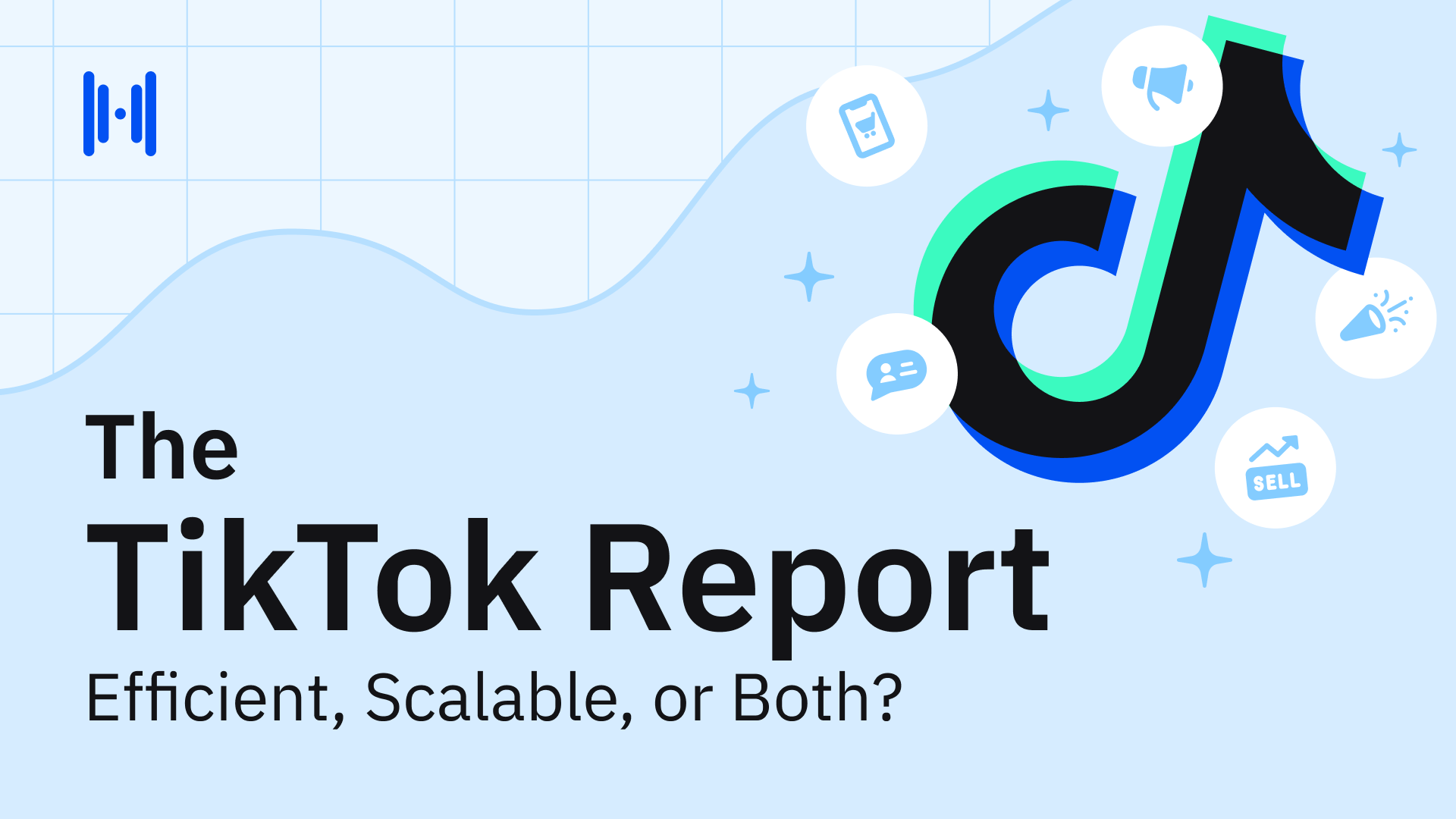

.png)
.png)
.png)
.png)
.png)
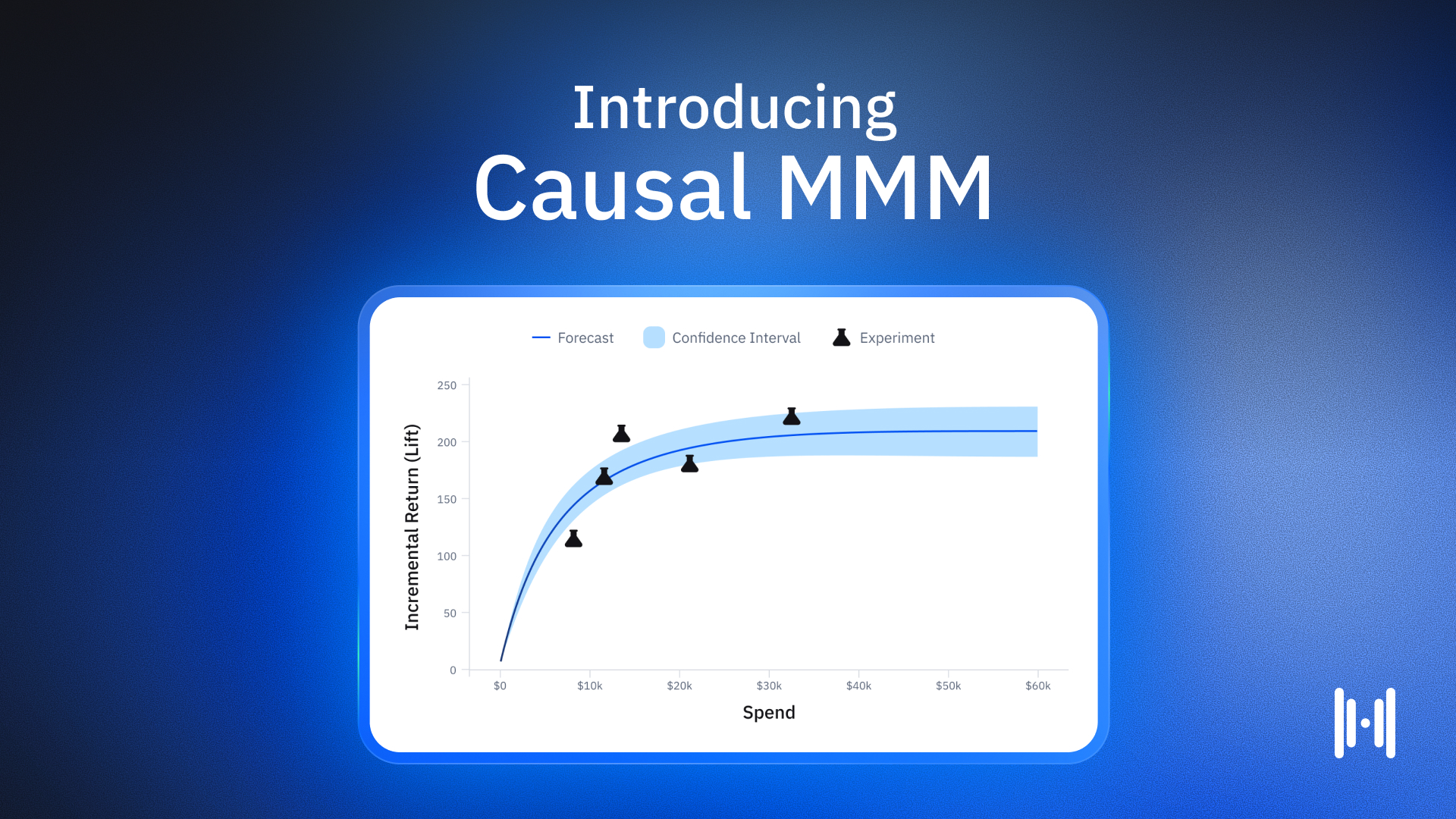
.avif)
.png)
.png)
.png)
.png)
.png)
.png)
.png)
.png)
.png)
.webp)
.webp)
.webp)
.webp)
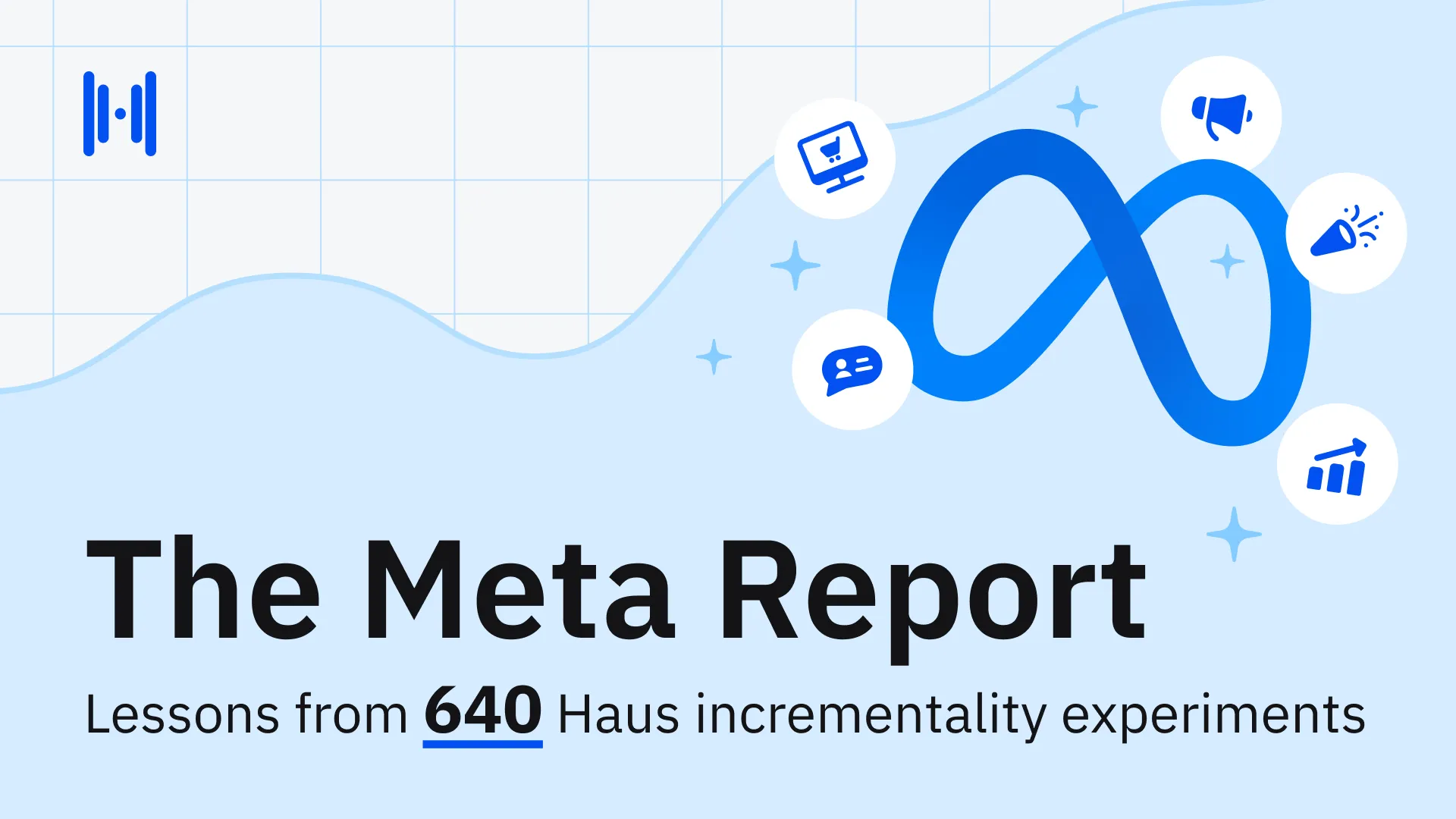
.webp)
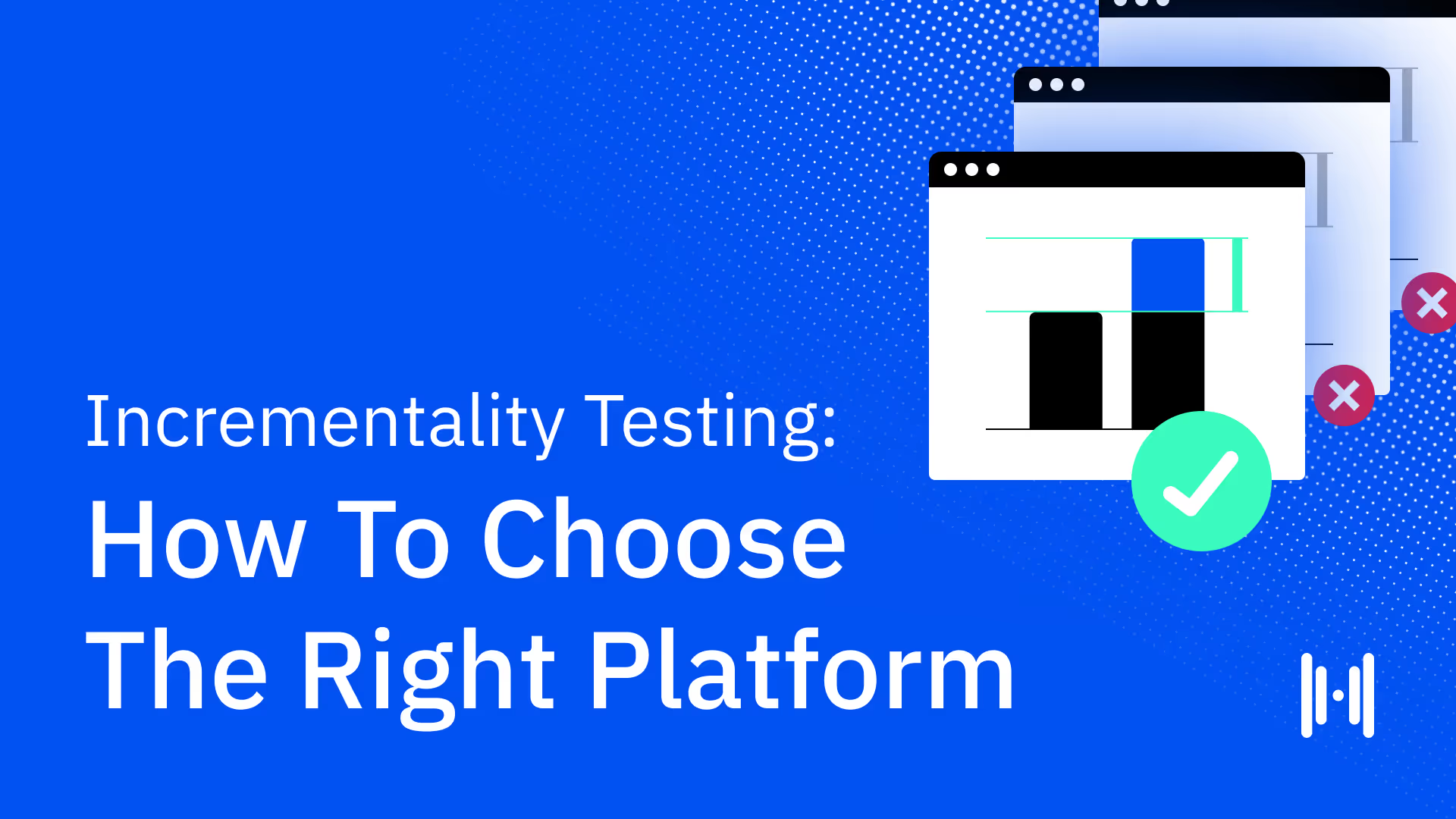
.webp)
.webp)
.webp)
.webp)
.webp)
.webp)
.webp)
.webp)
.webp)
.webp)
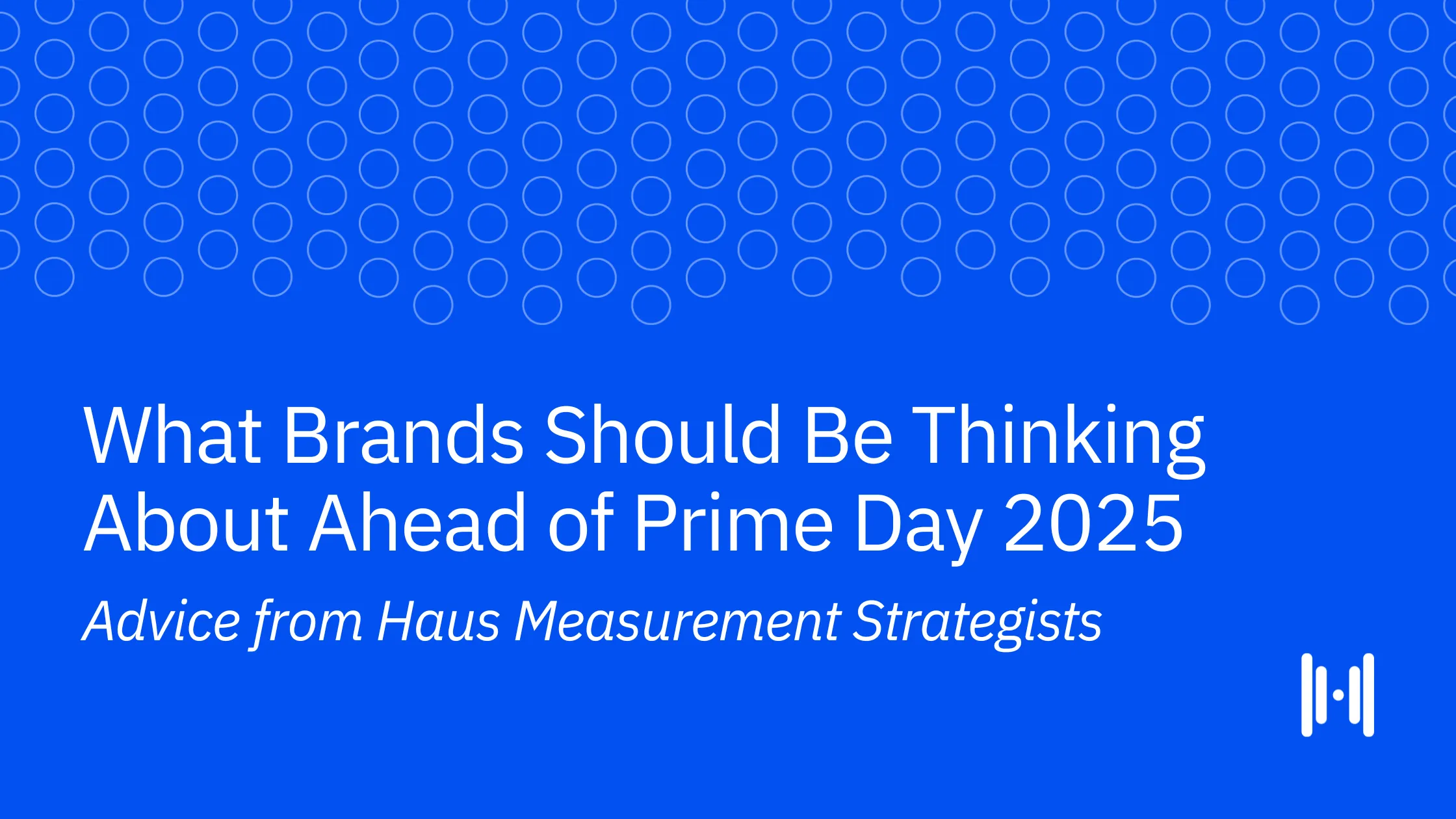
.webp)
.webp)
.webp)
.webp)
.webp)
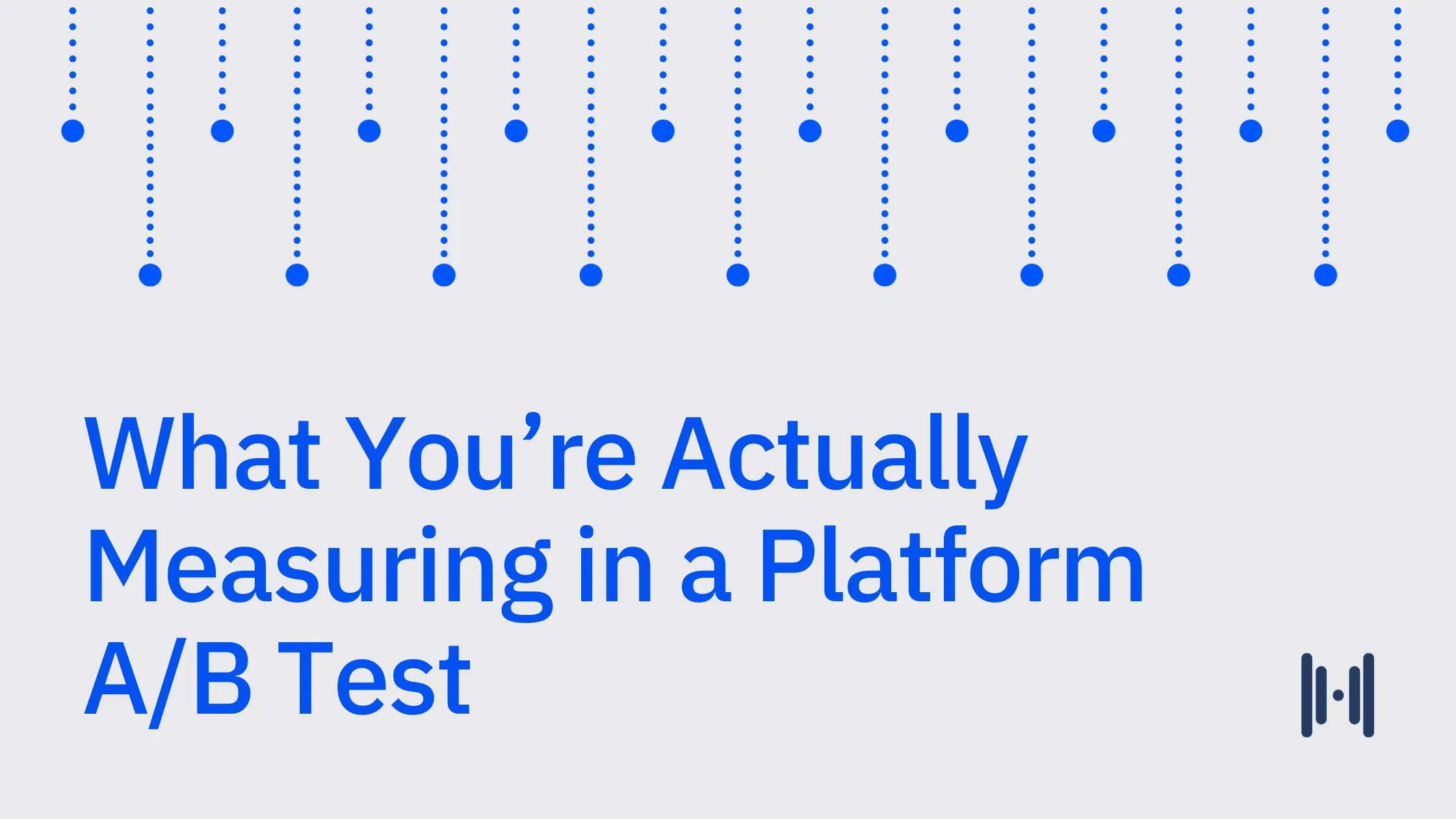
.webp)
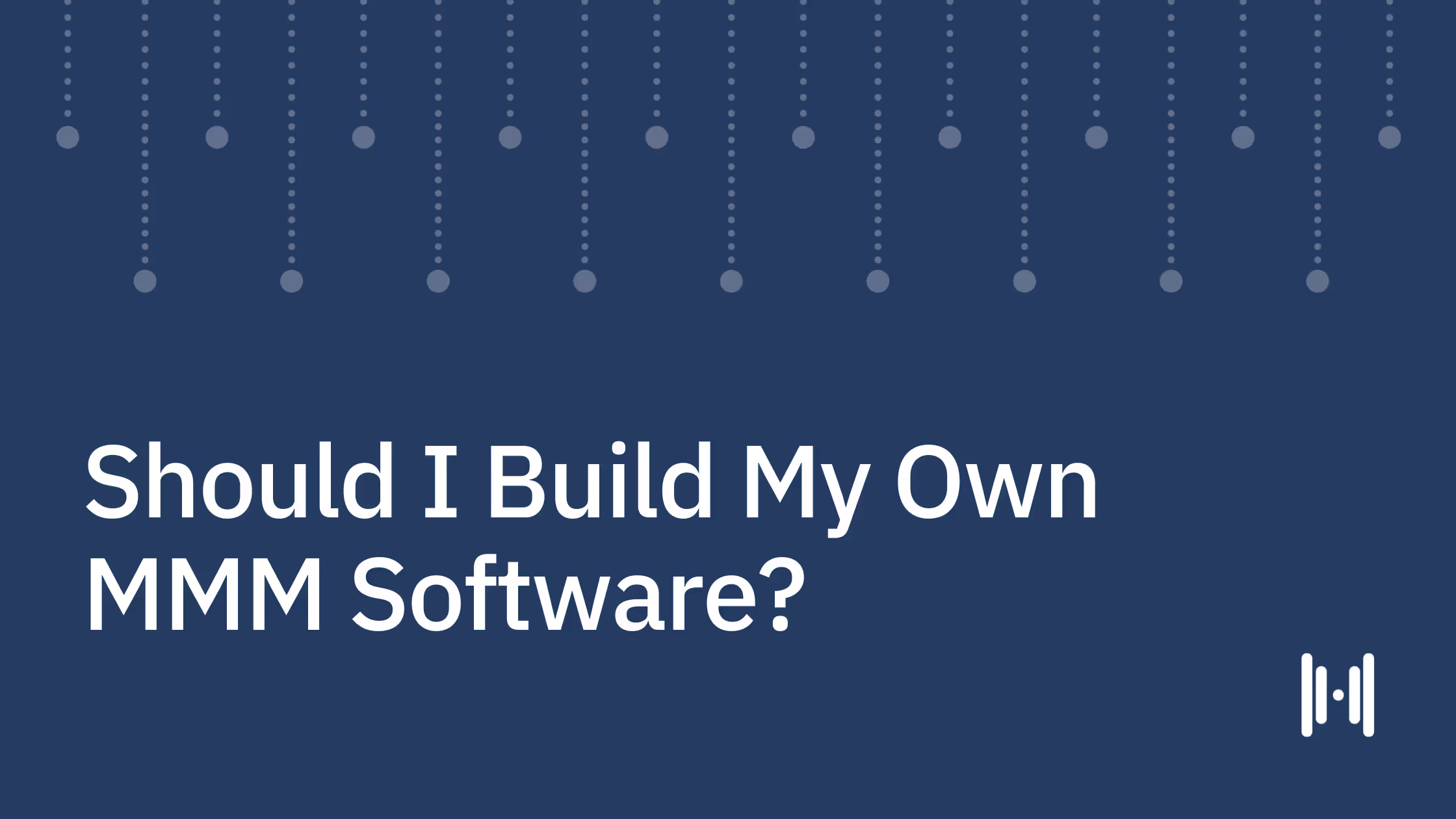

.avif)
.avif)

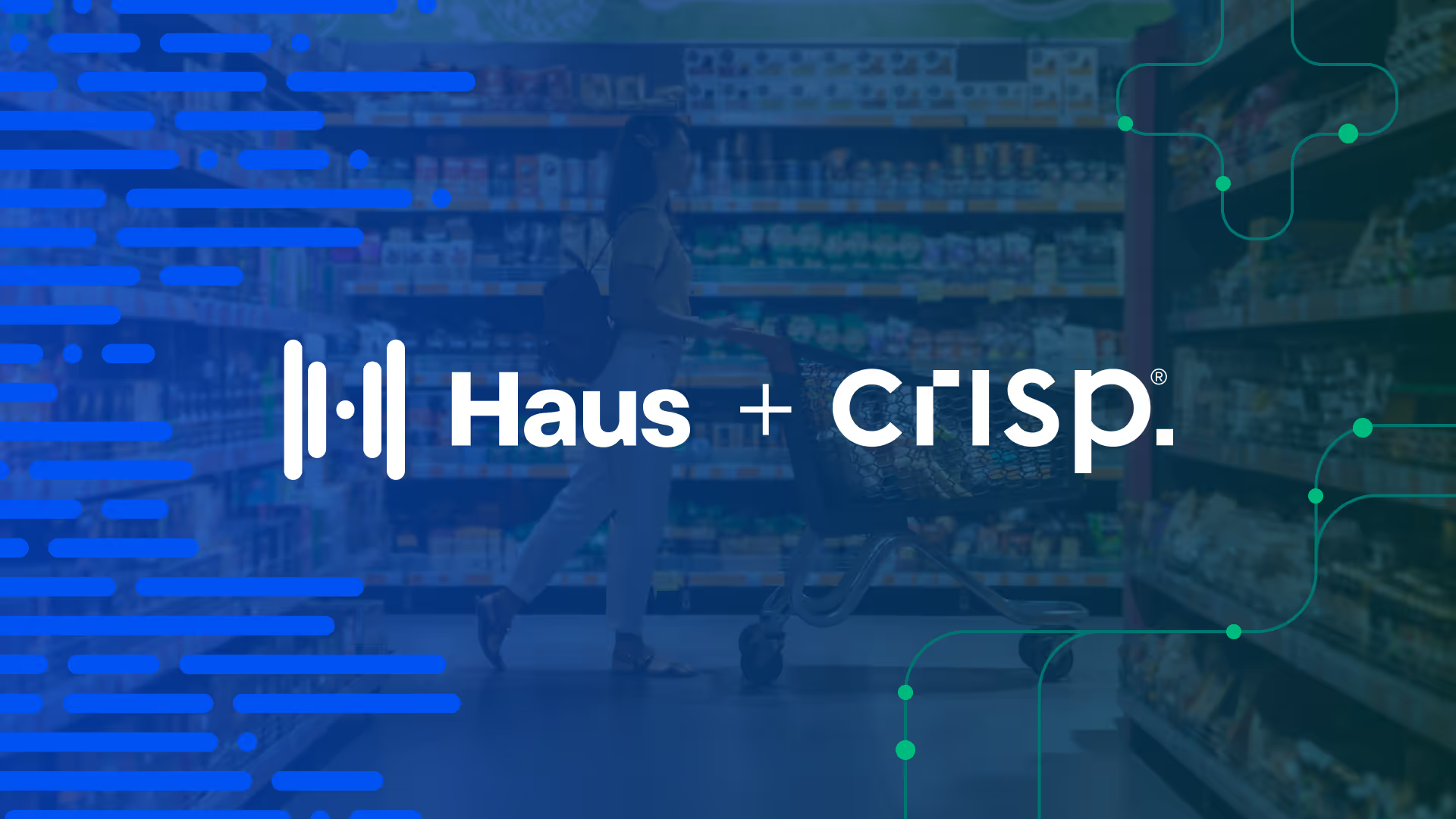

.avif)
.avif)
.avif)
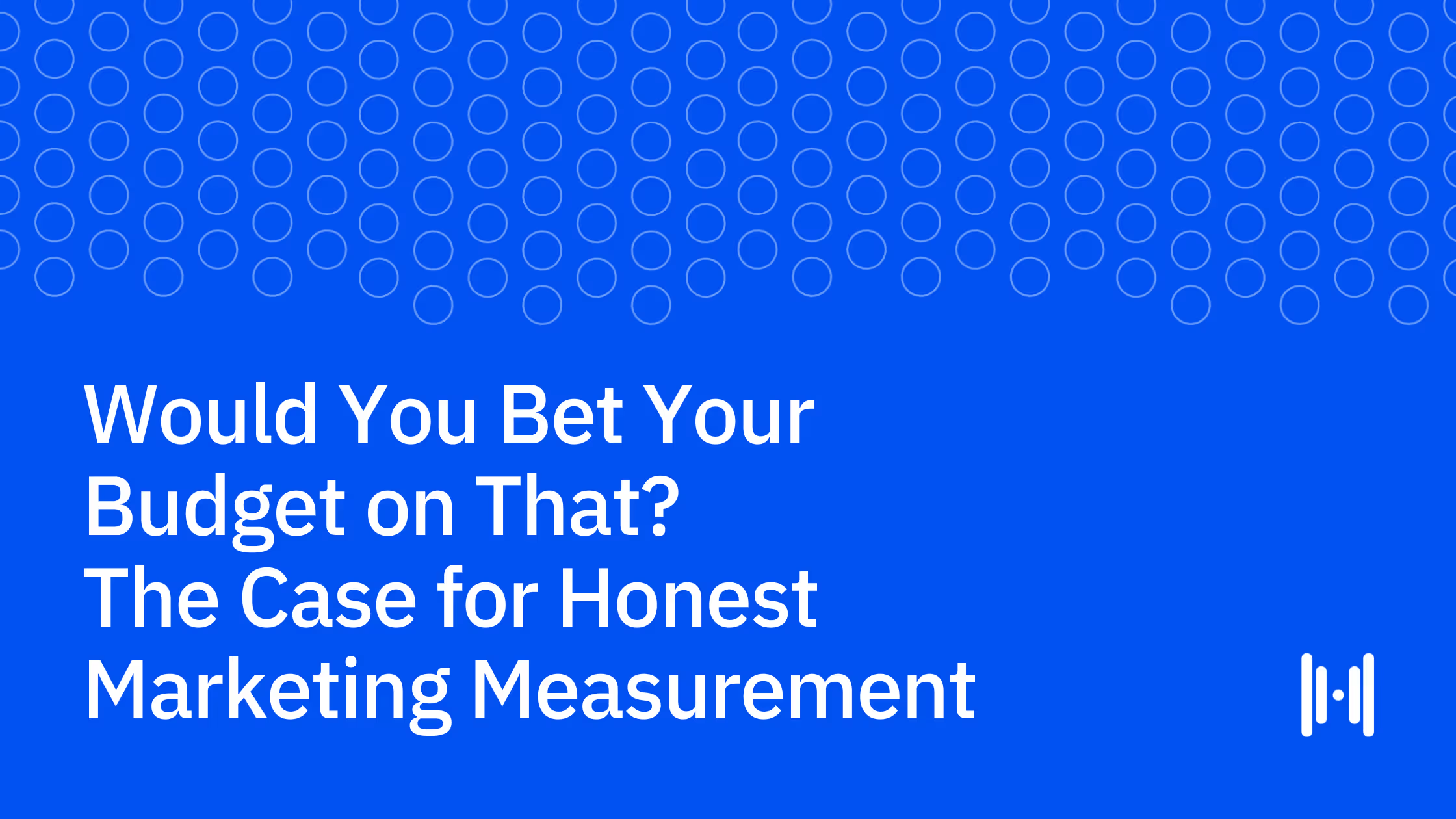
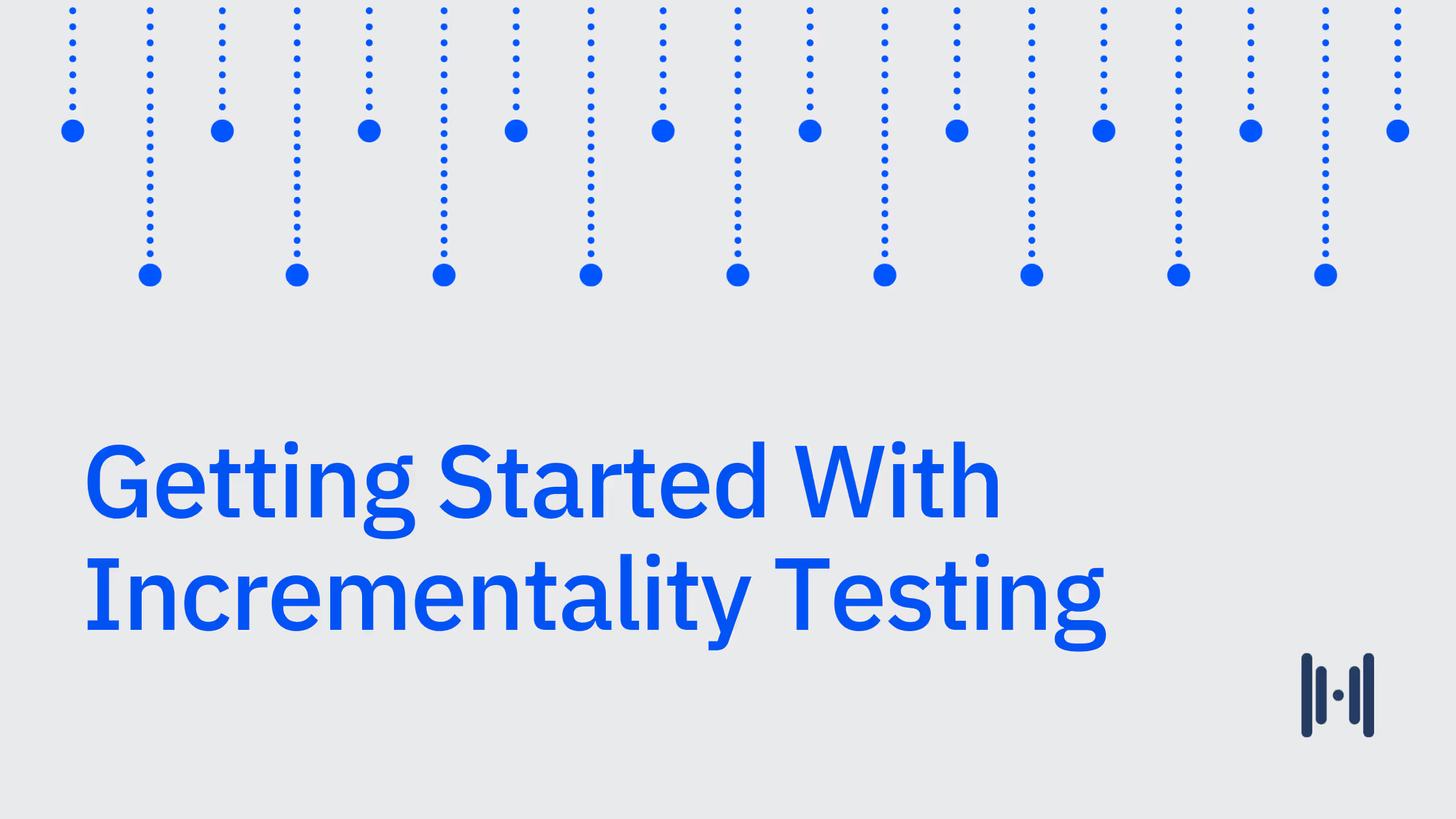
.avif)
.avif)
.avif)
.avif)
.avif)
.avif)

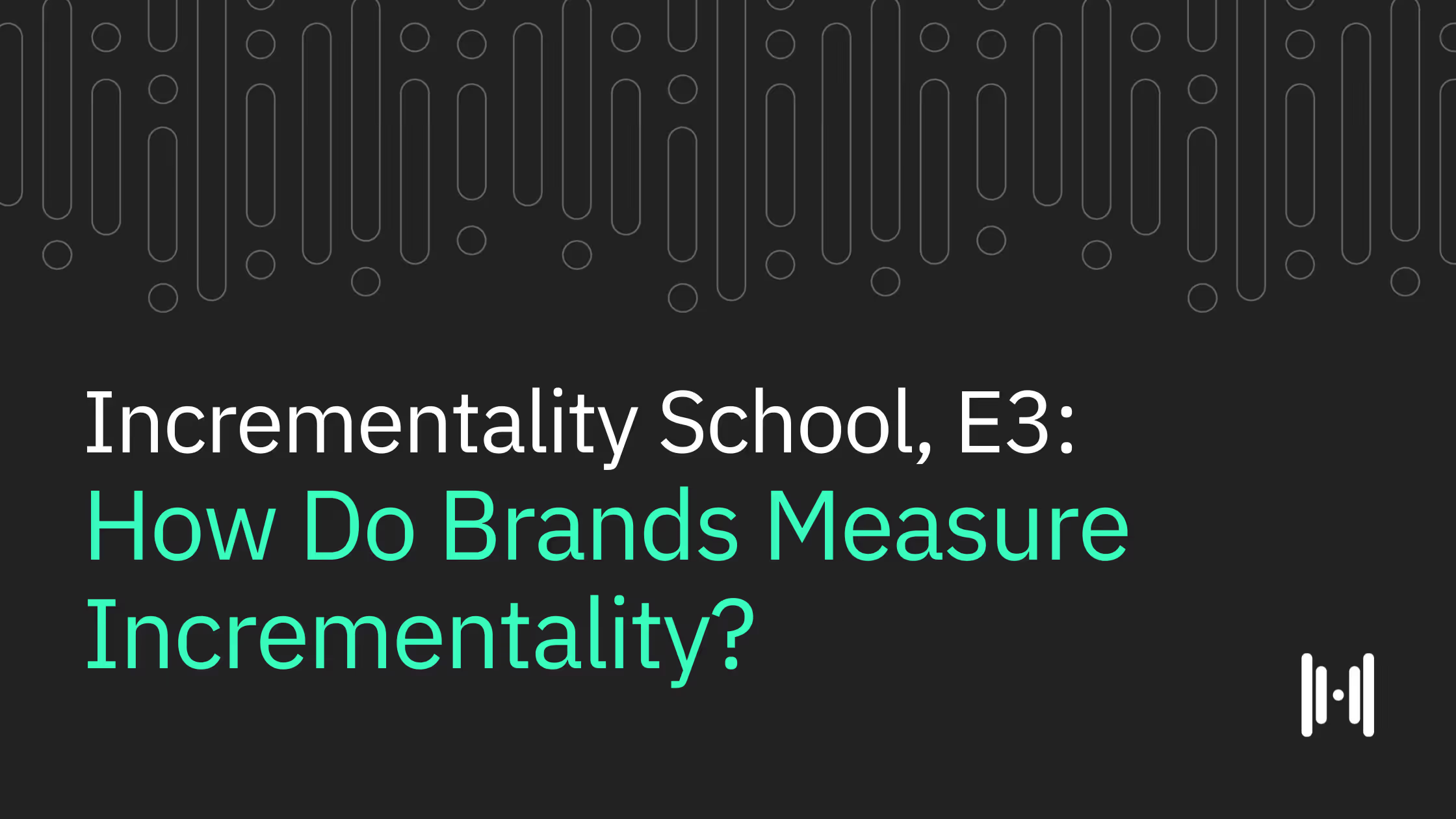


.png)
.avif)
.png)
.avif)
